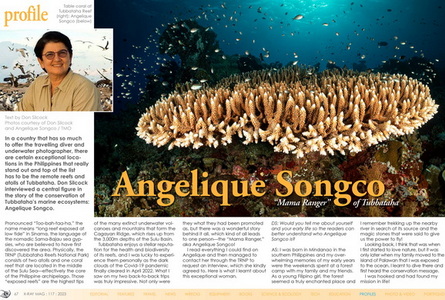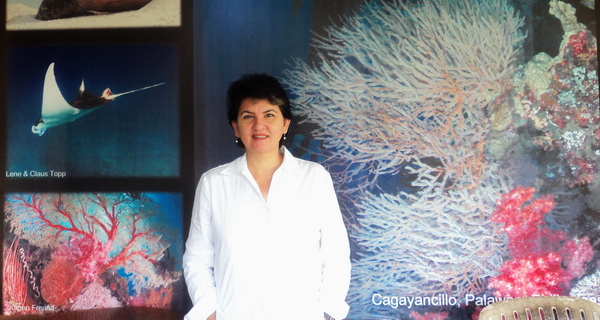
Angelique Songco Mama Ranger… It’s a country that has so much to offer the traveling diver and underwater photographer. But there are certain exceptional locations in the Philippines that really stand out.
And top of the list has to be the remote reefs and atolls of Tubbataha!
Pronounced Toobahtaaha…The name means “long reef exposed at low tide” in Simal. The language of the nomadic Philippine Sama-Bajau sea gypsies, who are believed to have first discovered the area.
Physically the TRNP (Tubbataha Reefs National Park) consists of two atolls and one coral reef. Which are located in the middle of the Sulu Sea – effectively the core of the Philippine archipelago.
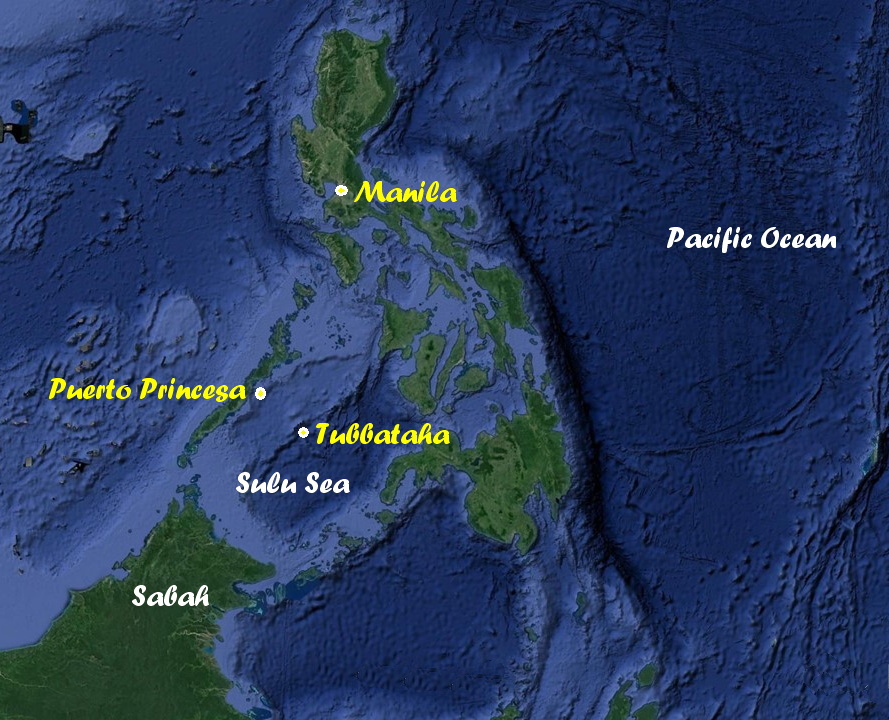
And those “exposed reefs” are the highest tips of the many extinct underwater volcanoes and mountains that form the Cagayan Ridge. Which rises up from the 3000m depths of the Sulu Basin.
Tubbataha enjoys a stellar reputation for the health and biodiversity of its reefs. And I was lucky to experience them personally as the dark clouds of the C-19 pandemic finally cleared in April 2022.
What I saw on my two back-to-back trips was truly impressive. And not only were they what they had been promoted as, but there was a wonderful story behind it all. Which kind of all leads to one person – the “Mama Ranger” a.k.a Angelique Songco!
I read everything I could find on Angelique. And then managed to contact her directly through the TRNP to request an interview. Which she kindly agreed to and here is what I learned about this exceptional woman!
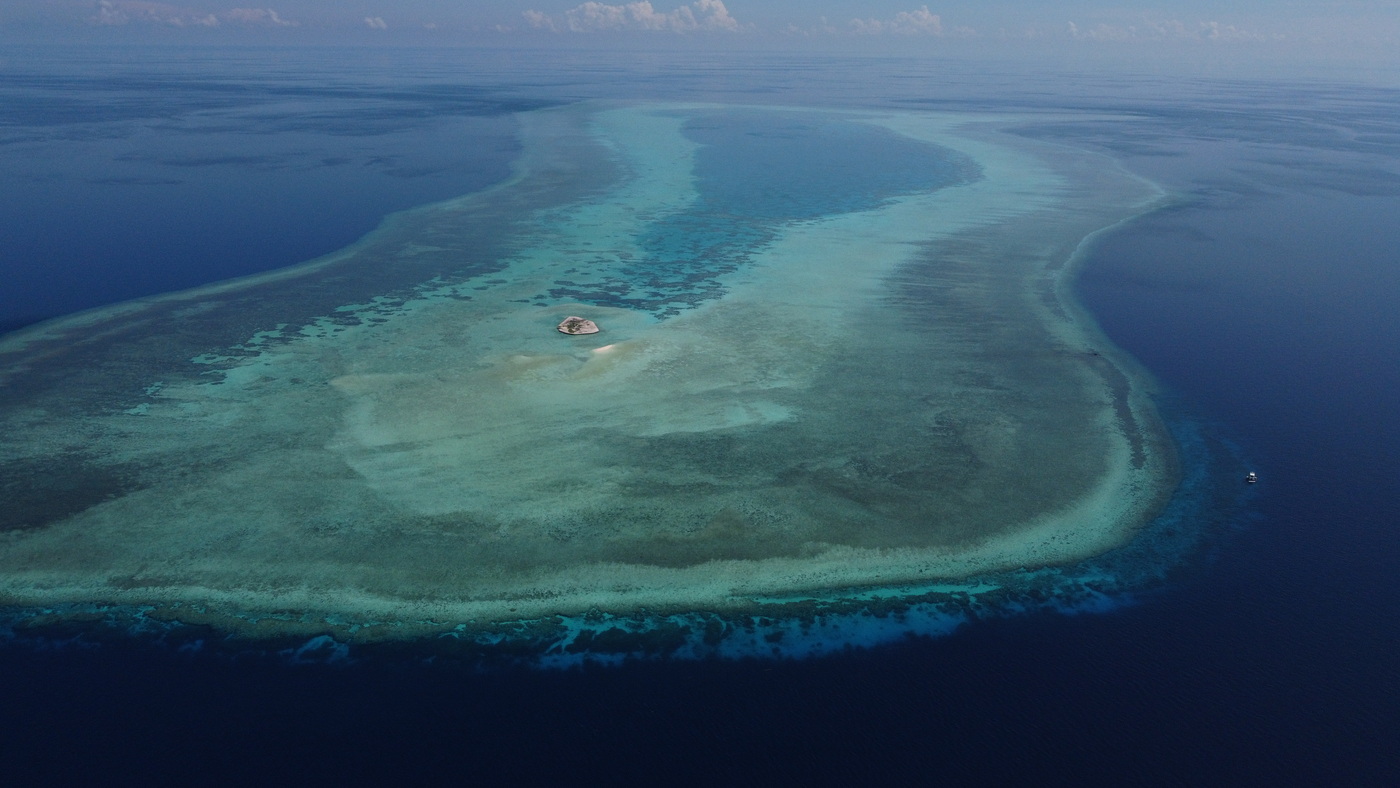
Angelique Songco Mama Ranger – The Early Years
Don Silcock (DS): Could you tell me about yourself and your early life so the readers can better understand who Angelique Songco is?
Angelique Songco (AS): I was born in Mindanao in the southern Philippines. And my overwhelming memories of those early years were the weekends spent at a forest camp with family and friends. As a young Filipina girl the forest seemed a truly enchanted place. And I remember trekking up the nearby river in search of its source and the magic stones that were said to give us the power to fly!
Looking back I think that was when I first started to love nature. But it was only later when my family moved to the island of Palawan that I was exposed to the ocean. I learned to dive and first heard the conservation message there… I was hooked and had found my mission in life!
DS: When did you first visit Tubbataha and what were your thoughts?
AS: I qualified as a diver in 1981 and got the opportunity to visit Tubbataha for the first time a few months later. I really could not believe what I saw there! The marine life was astonishing and there seemed to be huge clouds and waterfalls of fish everywhere. The water was so clear it was almost like they were somehow floating in mid-air!
What I saw convinced me that something so beautiful simply had to be protected at all costs.
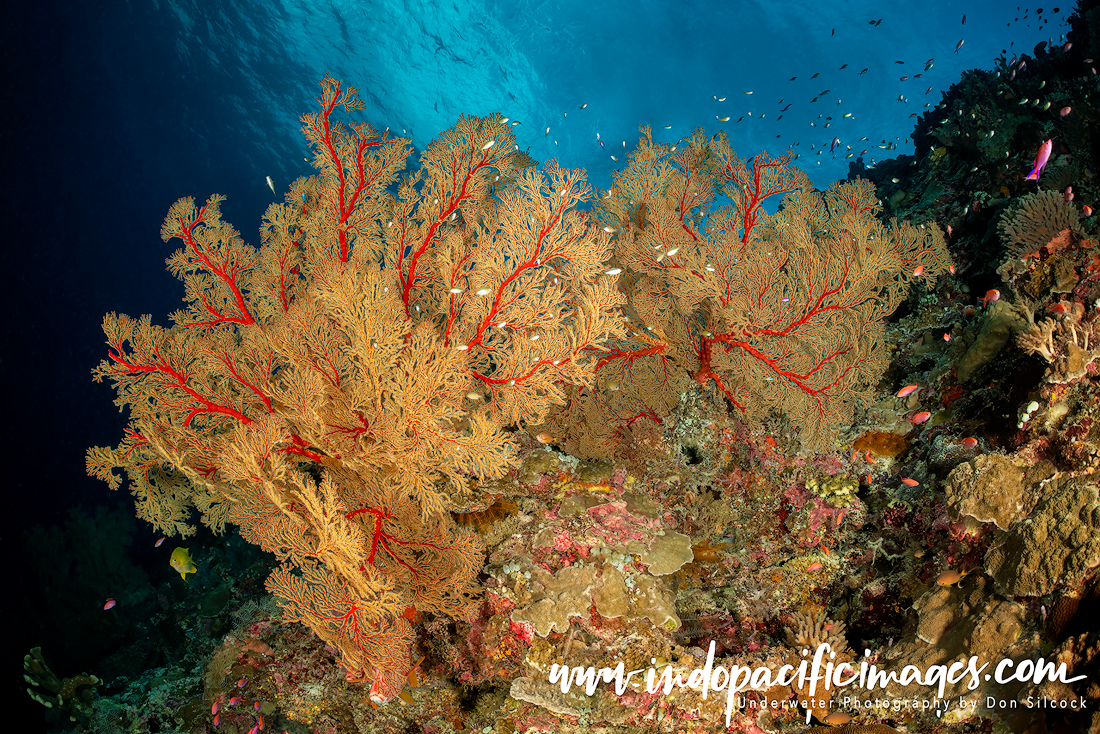
Angelique Songco Mama Ranger – Illegal Fishing
AS: When did you first notice things were changing for the worst at Tubbataha?
DS: In 1985 I was working as a divemaster in Tubbataha. That was before it became a protected area… And we often saw fishing boats from other provinces using cyanide to catch huge numbers of fish. We also saw them catching turtles and collecting eggs. We would always request the fishing boats to leave and even sometimes threaten them. But they knew we could not really do anything because Tubbataha is so isolated. There was simply no way to enforce the fisheries laws and the whole area was out of site and out of mind.
We knew that this illegal fishing must be having an impact on Tubbataha. But it was only in 1989, one year after the marine park was established, that research showed that 52% of the previous coral cover had been lost.
Tubbataha Marine Mark
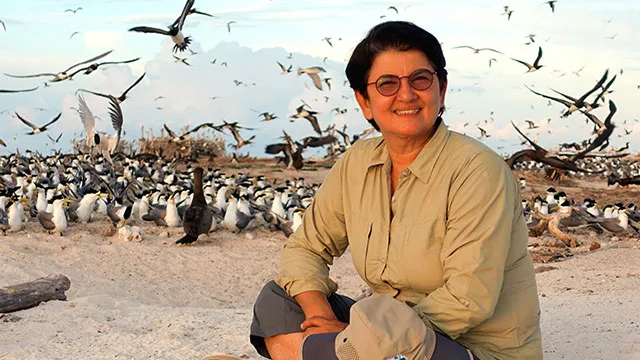
DS: Your name is now synonymous with Tubbataha. But can you explain what role you actually played in in getting a national marine park established?
AS: The Palawan provincial government laid the groundwork for the marine park, by raising the awareness, at the national level, of just how special and unique Tubbataha is.
The first really tangible outcome of that initiative was establishing it as a protected area (PA) in 1988. It was the first national marine park and no-take PA in the country.
I simply played a supporting role in all of that by attending public hearings and lending support whenever and wherever I could. Plus, I continued to be involved by representing a local non-profit conservation group, Saguda Palawan, on the park’s policy-making body.
Then in 2001, with the support of WWF-Philippines, the board agreed to hire a park manager. I decided to apply and was delighted when I actually got the job! From there went on to establish and lead the Tubbataha Management Office (TMO).
Tubbataha Management Office (TMO)
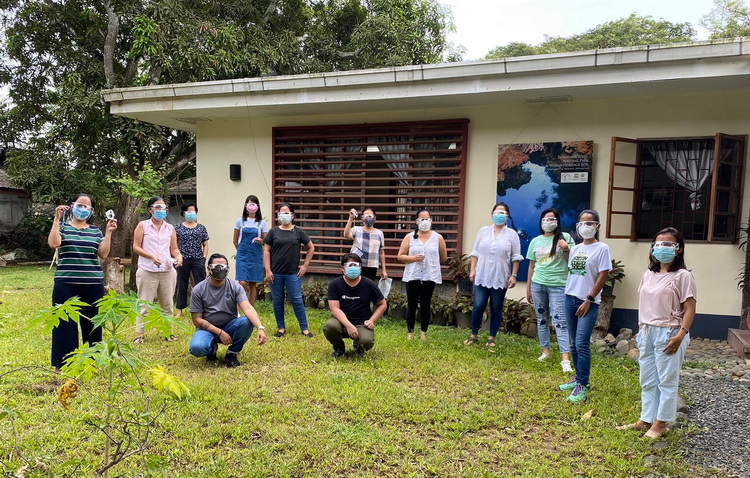
DS: Did you have an initial plan for TMO or… did it all just evolve over time?
AS: It was quite a daunting task for me to establish the TMO. Because it was the first marine park in the Philippines and we basically wrote the manual as we went along! My basic plan was to learn as much as I could about managing an offshore marine protected area.
But, quite frankly, I really did not know what to do at first. And my undergraduate course in literature was not exactly a great help!
So, I started by taking an on-line natural resources management course to make up for my lack of technical knowledge. Then I contacted so many people – experienced park managers, researchers, and other practitioners to ask questions and learn from them. I also coordinated with the other agencies already working in Tubbataha so that we could integrate our efforts.
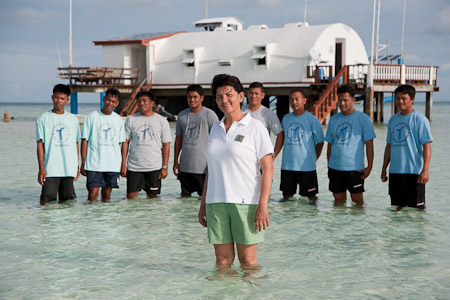
One of my first decisions, based on my hands-on experience out at Tubbataha, was that our overall success would depend on developing a core of well-trained and well-equipped law enforcement personnel who would be based on the reefs.
Our office is in Puerto Princesa, some 150kms away. So there is just no way to enforce the strict rules in place to protect the park if the right people are not there to do it.
So many people were incredibly generous with their time, knowledge, and experience in marine park enforcement, education, research, HR, tourism management, and conservation.
Tubbataha is a success because of the hundreds, perhaps even thousands of people who have helped us in the past two decades.
Angelique Songco Mama Ranger – Key Points
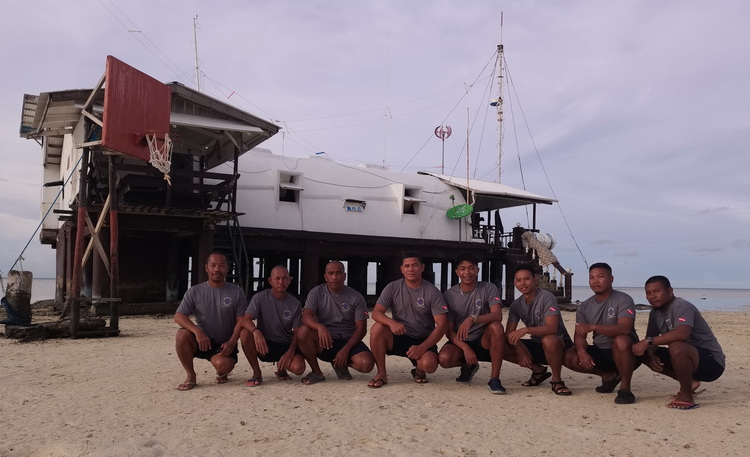
DS: As you explained you were not directly involved in the initial stages of making Tubbataha the first marine park in the Philippines. But can you share any insight into the overall process?
AS: The Provincial Government of Palawan (PGP) was instrumental in paving the way for the creation of the marine park during the rule of President Corazon Aquino.
The PGP has continued to support us and agreed to construct a new ranger station. Which will be built soon with funds allocated by the Department of Environment and Natural Resources together with the Department of Tourism. Plus, we had a tremendous stroke of luck in that President Aquino’s successor, Fidel Ramos, was a scuba diver and had been to Tubbataha. So he understood the need to conserve it and ensure that conservation was properly supported.
President Ramos provided both the resources and the management infrastructure to care for the park. Then established the policy-making body to make sure there were enforcers in the park. That did not come into force until 2005. But it really changed the game and has been a key element of our overall success with Tubbataha.
Angelique Songco Mama Ranger – Challenges
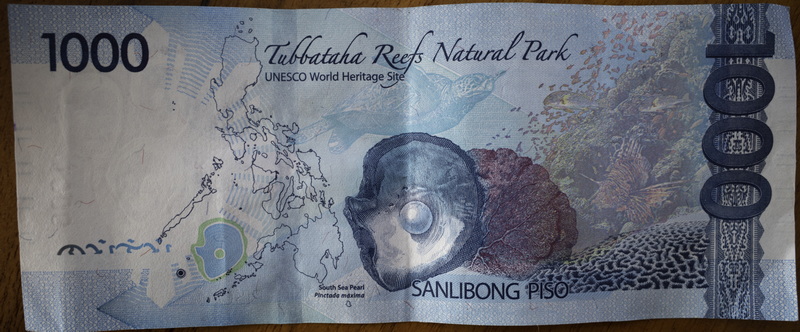
DS: What was the biggest challenge in making Tubbataha a Natural Park and how did you overcome it?
AS: The biggest challenge was how to get people to really appreciate Tubbataha. Very few people scuba dive and only a few of those can actually visit because of the limited tourism window, the distance, and the cost.
It really was challenging to get the planners and decision-makers (who do not see the corals reefs) interested and concerned enough to allocate funds and formulate good policy.
We had to bring Tubbataha to the cities, schools, the media, because we cannot take people there. And, over the years, Tubbataha has become famous, but… mostly for the bad things that happened to it. For example, back in 2002, four Chinese fishing vessels were caught poaching at Tubbataha. But the publicity generated by the incident produced a groundswell of support across the Philippines and its protection became a matter of national concern.
Tubbataha was in the media for weeks… Which meant that many learned about the uniqueness and value of the park for the first time and were outraged at what the illegal fishing vessels had done! Prosecuting cases is also a challenge because one deals with unhappy and scared people (who would be happy after being arrested?) It is also painful to send poor people in jail. Even the marine park rangers are not happy to do it. But it is our job so we must do it and do it well.
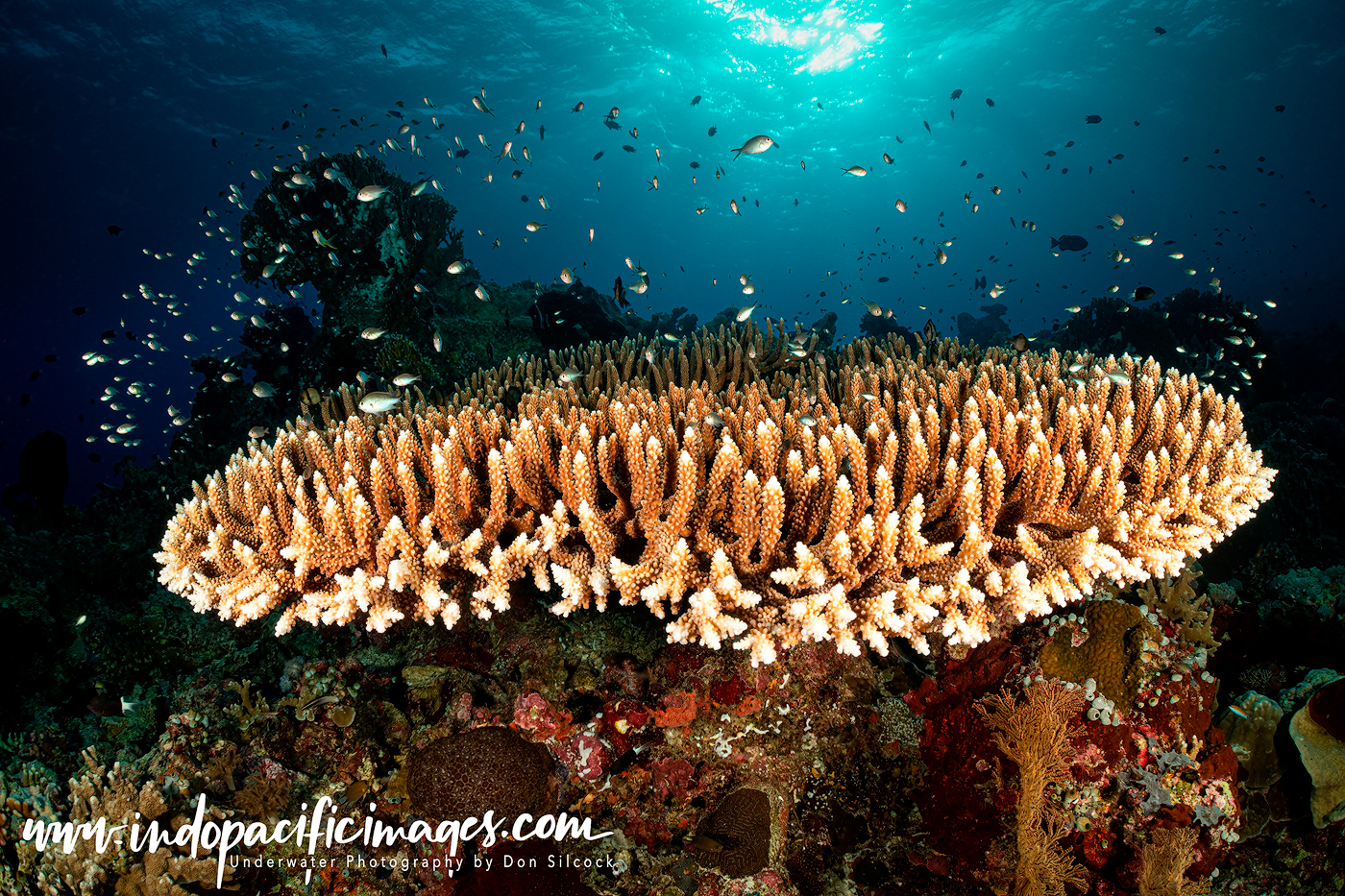
Angelique Songco Mama Ranger – Looking Back…
DS: What is the thing you are most proud of when you look back at the journey you have been on with Tubbataha?
AS: I am most proud of the people I work with. Our rangers are dedicated to their work, and so is the staff. I get a lot of credit, but it is on the backs on these people that I stand on, really. One needs a good team for anything to succeed. I am proud of our team, how we all started so unsure of ourselves and transformed into this confident, proud, and passionate people still in love with Tubbataha after 21 years.
DS: And… what is your biggest disappointment?
AS: My biggest disappointment was taking forever to develop second liners. A succession plan is critical, it is very clear in hindsight. But I was so emersed in learning the ropes, studying the literature and experimenting with new approaches. I got lost in the “here and now” and did not look into the future enough. Perhaps because even my future and that of Tubbataha was not clear to me then?
Angelique Songco Mama Ranger – Looking Forward
DS: How confident and optimistic are you for future of Tubbataha?
AS: With the extensive constituency that supports it, Tubbataha has a bright future ahead. Nature will not run out of style, there will always be those who will care for it. With most of our wild places being exploited to the point of destruction, keeping Tubbataha as wild as it is now is even more important. So that is how we will keep it.
I am confident of that because we have a strong team that is committed to the vision and most of them have been with us between 10 to 20 years – so there is more than enough experience and history to make things work when I leave.
DS: What does the future hold for Angelique Songco?
AS: I always dreamed of being a jazz singer on a cruise ship and even took voice lessons years ago, but that is no longer possible.
There are so many causes near and dear to me: women and children, health, education, conservation, of course, and so many others. When I retire in four years, I would have given my best to Tubbataha, learned so much in the process, and will be ready to apply the experience and the passion to a new mission.
Tubbataha Articles
This interview with Angelique Songco is the third article on Tubbataha. The first explained about Diving Tubbataha, while the second explained the Conservation of Tubbataha. You can access the article and download PDF’s of them on the links provided below.
[one-third-first]
Diving Tubbataha
Tubbataha is a stunning example of tropical reefs in superb condition and simply teeming with life. The incredible biodiversity that abounds there has to be seen to be believed – it’s that good!
Only accessible from mid-March to mid-June, Tubbataha is an absolute must-do destination – Read more…
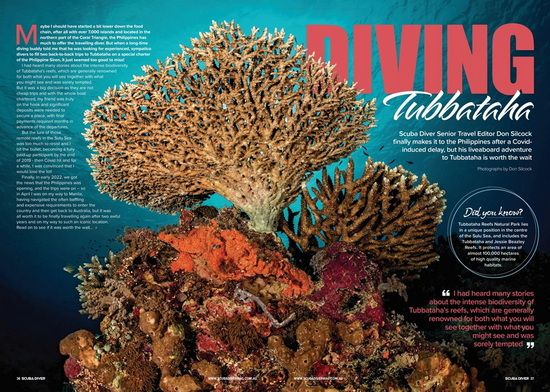
[/one-third-first][one-third]
Conserving Tubbataha
Words like world-class conservation and the Philippines are rarely used in trhe same sentencew. But these isolated reefs and atolls are a world-class example of how to save a national marine treasure.
And it is largely through the efforts of a very determineds former dive-guide that it all happened – Read more…
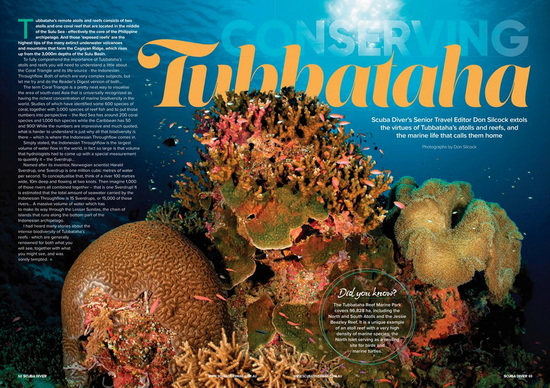
[/one-third][one-third]
Angelique Songco Interview
Known locally in the Philippines as “Mama Ranger” Angelique Songco is a remarkable woman. Who, through her role as the manager of the marine park, has become synonymous with Tubbataha.
She first dived those reefs and atolls in the early 1980’s – realising they were a national treasure that must be protected – Read more…
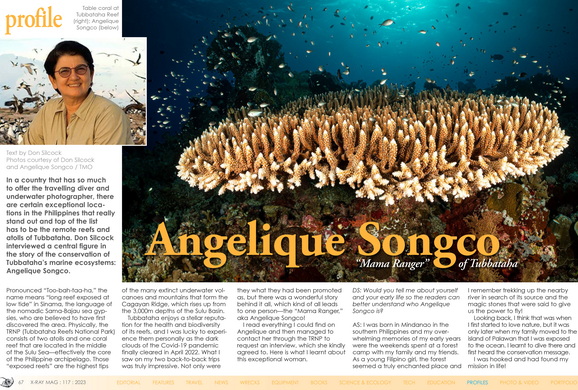
[/one-third][one-third-first]

